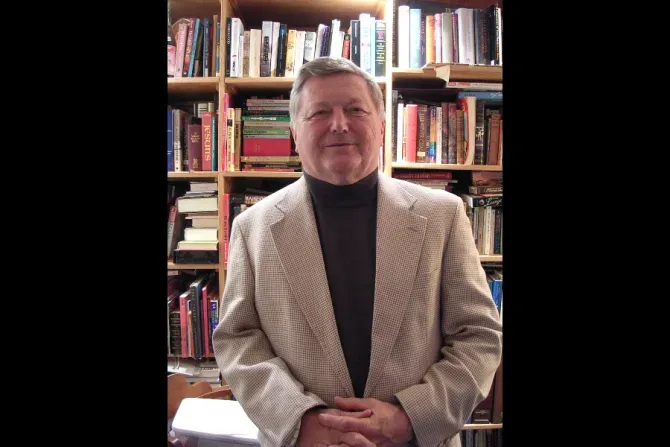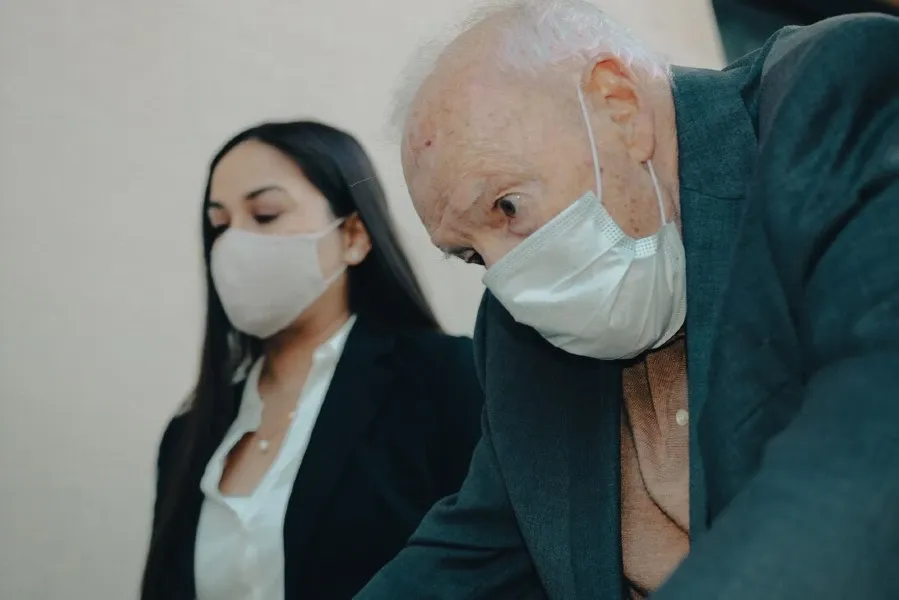Traditionally, an ethical investigation builds on facts that are part of the public record or can be verified by public documents or interviews with reliable witnesses. Another ethical principle is to keep the focus on actions that can be proven by factual evidence or witnesses rather than on insinuations about the subject based on circumstantial evidence. Once the verifiable facts are known, the investigative reporter moves to confront the subject and provides an opportunity to deny, admit wrongdoing or explanation. Libel and slander laws provide boundaries and guides to investigative journalism about individuals whose reputation and good name may be at stake. Simply drawing conclusions from an online source seriously challenges verifiability and risks libeling an innocent individual.
2) Complications are now arising in the field of data mining and journalism. In your opinion, how does the aggregation of questionably acquired data work for or against the previously established moral limits of investigative journalism?
New data mining technology poses a plethora of privacy issues for investigative journalism, regarding both prominent individuals and ordinary citizens, for example, in areas like health and personal habits, which require some verifiable contextual evidence to reach a fact-based conclusion. But legal boundaries differ from moral constrains which require care for the impact of conclusions based on less than reliable abstract which can destroy or seriously damage an individual's reputation. One of the most egregious moral and ethical compromises of investigative journalism occurred at the early 20th century Denver Post, whose reporters wrote detailed biographies of wealthy silver magnates, including their scandalous, even illegal behaviors. The editors then used these stories to blackmail their subjects. The reports were accurate, their purpose illegal
3) Does a source paying for information change the calculation about whether or not a journalist should use that source?
A source paying for information automatically raises questions about the motivations of both payee and recipient as well as the reliability of information.
4) Many are celebrating the resignation of Msgr. Burrill and the efforts that led to his resignation. From a Catholic ethics perspective, does this apparently successful end validate the means?
The end never justifies the means, even if they are digital and seem credible because of technology. The celebration raises questions about ignoble motives, e.g., revenge or personal animus connected to the investigation.
5) Another argument with competing voices centers on whether corruption needs to be brought to the light to be healed. Please explain, from the perspective of Catholic ethics, when and where and to what degree it would be appropriate to publish information alleging or proving corruption that is gravely sinful but not criminal.
Healing depends, in part on the harm involved. In Msgr. Burrill's case there is only circumstantial evidence of behavior based on GPS location with no eye witness or other factual evidence such as a credit card receipt. Data mining based on Grindr's location routine seems a bit specious for "bringing to light corruption," an adage based on rooting out the corruption of politicians and public officials. Within a Church context like USCCB, the question turns on the precise corruption and how it can be healed by exposure. Grindr location data insinuate but do not demonstrate the alleged corruption, or perhaps a level of ignorance in the user about the actual privacy of the Grindr app. Healing of sinful behavior does not require public knowledge, as the Sacrament of Reconciliation demonstrates. On the other hand, abuse of public trust or misuse of church funds may help heal the community if exposed, e.g. the sex abuse scandal or embezzlement of Church funds
6) Please elaborate on what distinguishes truth-telling from detraction, acknowledging that many Catholics are longing for reform that they don’t see coming from most of the Bishops.








